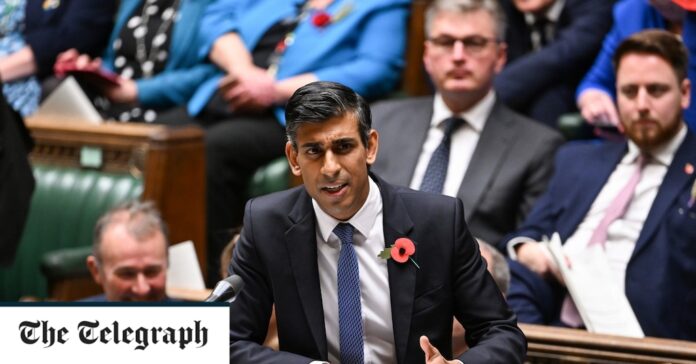Business leaders fear increasing capital gains tax risks damaging Britain’s entrepreneurial spirit to little gain
When Jeremy Hunt looks down the list of options for raising revenue in the Autumn Statement, many theoretical options will already be crossed out in red ink.
Department budgets and welfare payments can only be squeezed so far before risking revolt on the backbenches. Corporation tax is already set to rise from 19pc to 25pc from next April – a further increase looks unfeasible. And the big three revenue generators of income tax, National Insurance and VAT are already off the table if the government wants to keep to its manifesto pledges.
The situation leaves the Chancellor looking at a hodgepodge of smaller tax changes to fill the £50bn hole in the public finances. But, critics say, he has alighted on a solution that will reverse a 50-year march towards democratic capitalism and harm efforts by legions of middle class voters to build a future for themselves through investment in shares and property.
The latest proposal under examination by Treasury officials is an increase in capital gains tax (CGT), the levy put on profits made from selling assets such as stocks or second homes. Whitehall sources say changes to CGT reliefs and allowances are most likely but an increase in the headline rate is also on the table as Hunt turns to those with the “broadest shoulders” to bear the most financial weight.


